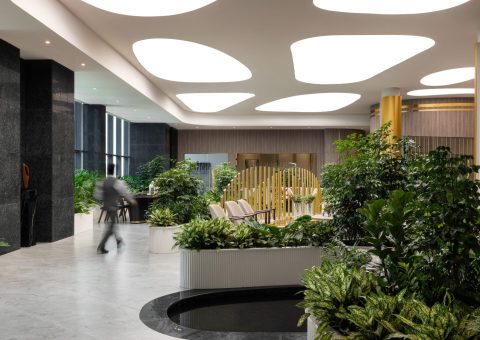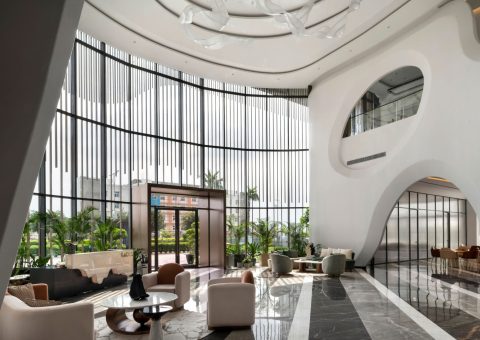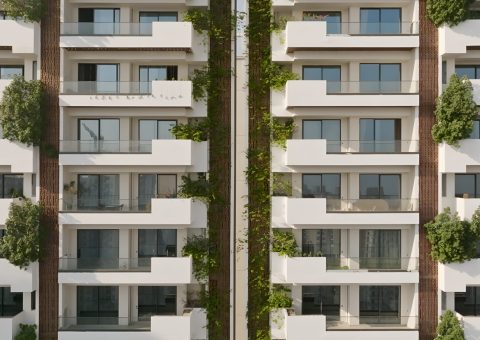The Essence of Hospitality Design: Crafting Experiences
Effective hospitality design starts with understanding the needs and preferences of the target audience. Whether a luxury resort or a cosy boutique hotel, the design should reflect the brand's identity while catering to the guests' desires. For example, a family-friendly hotel might prioritise spacious rooms and recreational facilities, while a high-end urban retreat may focus on sleek, modern aesthetics and personalised services. By aligning the design with the guests' expectations, establishments can create a welcoming atmosphere that resonates with their target demographic.

Navigating the Guest experience
By working closely with the clients to map out the guest journey, one can identify opportunities to enhance the experience at every touchpoint. Whether designing a welcoming lobby area, optimising guest room layouts for comfort and convenience, or creating unique dining experiences, every design decision is made with the guest in mind. This includes intuitive layouts that make it easy for guests to navigate the property and efficient service areas that streamline operations behind the scenes.
Incorporating Local Culture and Heritage
Embracing Sustainability and Wellness
Designing these areas emphasising natural materials, ample natural light, and indoor-outdoor connectivity can significantly boost the overall wellness quotient. For instance, spas can incorporate green walls, water elements, and organic materials to create a serene, eco-friendly environment that promotes relaxation and mental well-being. Rooms with hypoallergenic materials, advanced air purification systems, and adjustable lighting can help ensure a restful and rejuvenating stay. Adding elements such as aromatherapy diffusers and ergonomic furniture can further enhance the wellness experience, making guests feel genuinely cared for in every aspect of their stay.
By prioritising these sustainable and wellness-centric design features, hotels and resorts cater to the growing trend and set new standards in hospitality. This holistic approach enhances guest satisfaction and contributes to the industry's long-term viability.
Highlighting the Finepoints
In conclusion, effective hospitality design is essential for creating memorable guest experiences that leave a lasting impact. By understanding the needs and preferences of their target audience, prioritising functionality, paying attention to detail, and incorporating personalisation and customisation, establishments can elevate the guest experience and differentiate themselves in a crowded marketplace. Ultimately, hospitality design is not just about creating beautiful spaces; it's about creating meaningful experiences that resonate with guests and keep them coming back.



